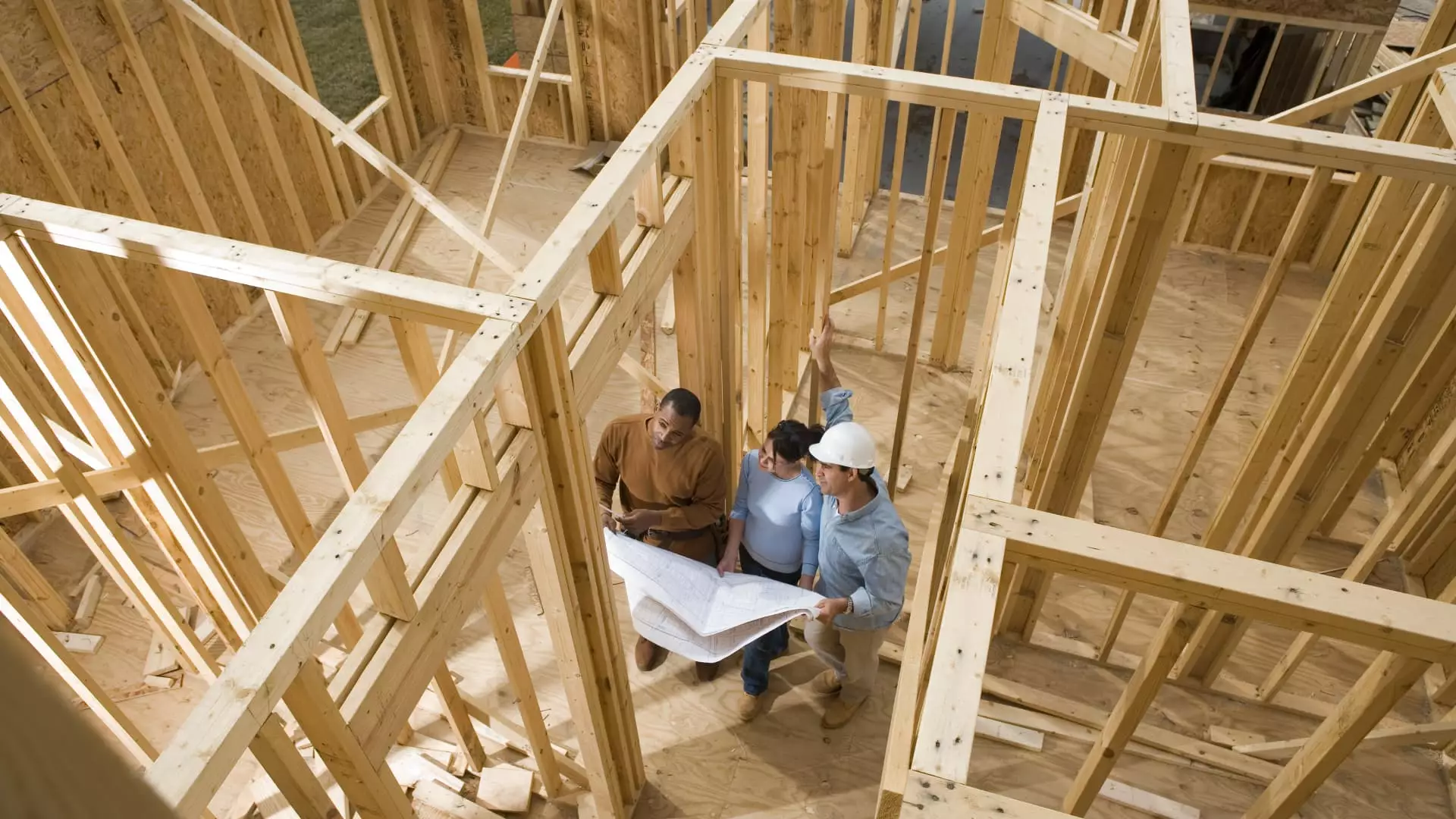Buying a new home is an exciting milestone for many people, but it can also come with some unexpected financial challenges. According to a recent survey from Real Estate Witch, almost 75% of new homeowners have regrets about their purchase, with property taxes being a common source of sticker shock for 33% of them. When it comes to newly built homes, property taxes can change dramatically after purchase, as initial rates are often based on estimates. This can be particularly difficult for homeowners who have already stretched their budgets to afford a home in the current market.
Newly built homes now make up 30% of the current market, a significant increase from the typical 10% to 20% in previous years, according to a recent report by the National Association of Realtors. As more buyers turn to builders for their home purchases, it’s crucial for potential owners to understand how costs might increase even just a year after purchase. Experts warn that buyers need to be aware that real estate taxes are not static and can change on an annual basis, leaving homeowners with little control over these fluctuating expenses.
Unlike previously owned homes, newly built homes lack a tax bill because there’s no house to assess yet. Instead, mortgage lenders often use an older tax rate from the area or an estimated tax rate to calculate the owner’s monthly payment. The calculation varies by lender, with some using a percentage of the sales price of the home for property taxes, while others multiply the sales price by the local tax rates. Initially, homeowners pay the estimated property tax rate into escrow, but eventually, the county office will assess the value of the new house to determine the actual property tax rate.
All counties reassess a property’s taxes at some point, with new constructions always being subject to reassessment. If the homeowner ends up owing more property taxes than expected due to a reassessment, the lender usually covers the shortage and the owner repays the amount through an increased mortgage payment. It’s essential for buyers to do their homework before purchasing a newly built home, especially concerning the potential impact of property tax reassessments in the future. Consulting with a local loan officer and researching the reassessment frequency and formula in the area can help buyers make more informed decisions.
When considering buying a newly built home in an unfamiliar area, it’s important to understand how often the county reassesses property taxes and what the reassessment formula is based on. Checking real estate sites for similar properties in the neighborhood that have been around for a year can provide a ballpark estimate of potential taxes. However, it’s crucial to remember that the taxes listed online are what the current owner pays, not necessarily what the new owner will pay. Doing thorough research and seeking guidance from real estate and financial experts can help new homeowners navigate the financial risks associated with buying a newly built home effectively.

